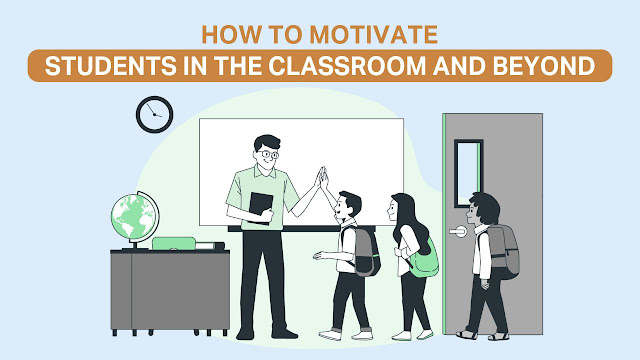How School Culture Impacts Learning and Growth

School culture plays a significant role in carving the educational experience of students. It goes beyond physical infrastructure, encompassing the shared values, norms, traditions, and practices that define a school’s environment. Understanding what is school culture and recognising its impact on learning and growth is vital for promoting an atmosphere conducive to success. Moreover, knowing how to improve school culture can empower schools to better support their students and staff. In this blog, we will understand how school culture impacts learning and growth. What is School Culture? School culture refers to the collective ethos, behaviours, and values that characterise a school community. It influences how students and staff interact, engage in learning, and approach challenges. A positive school culture promotes collaboration, respect, and inclusivity, while a negative one can lead to disengagement and conflict. Key Aspects of School Culture Key aspects of school...


